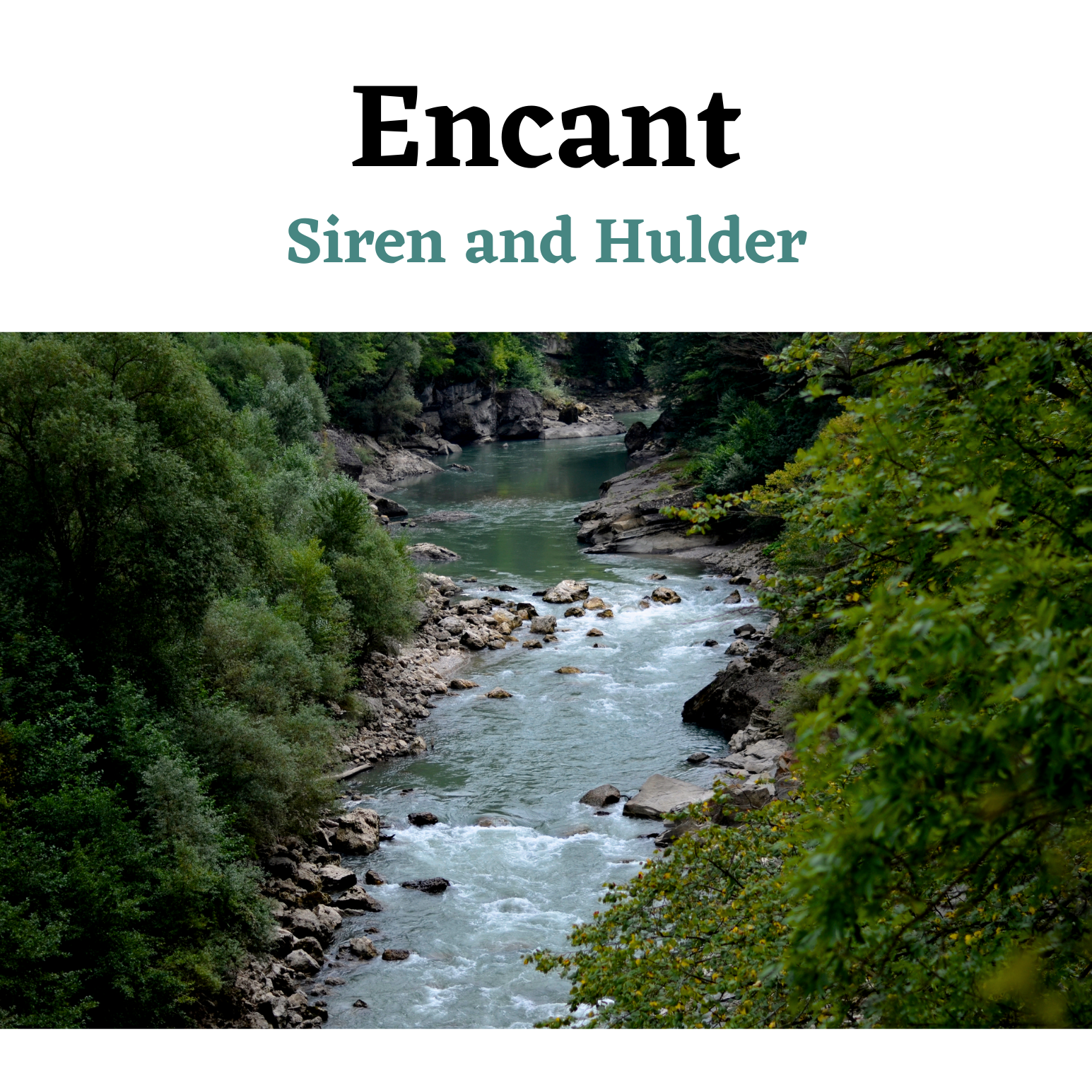Description
Encant (2021) for two solo voices a capella. Text and music by Beige Cowell, with additional text by American poet Kate Holly-Clark. ca. 5 minutes 30 seconds.
I. The Siren’s Song
II. The Hulder’s Song
This work is dedicated to Julian Yanas and Savana Singleton whom both inspired much of the direction for each movement. The main goal for this piece was to write a “siren song”, but with that initial idea, I wanted to subvert expectations, and most notably, made it gay.
“The Siren’s Song” is loosely based on the popularized idea of its namesake. I wanted to play with the idea of desire and the queer experience. Typically the role of the siren is played by a hyperfeminine cisgender woman, so I deliberately wrote this movement with a lower register to evoke a genderqueer reading of the concept and to highlight the femininity that exists in everyone. While I want each of these movements to be able to be sung by any gender or gender non-conforming person, in this context, the piece is very much an exploration and acceptance of non-heterosexuality.
“The Hulder’s Song” takes a completely different direction and is less of what one normally thinks of when they think of a siren song. The last verse of the text is a poem by Kate Holly-Clark and is referred to by her as “New-Age Girl’s Skipping Rhyme”. I added on the remaining verses, staying within the same sentiment of the original. In Scandinavian folklore, the Hulder is a fox-woman (sometimes cow-woman) who lives in forests and lures men to their deaths. I play off of that premise but instead make it more of a metaphor for the experiences of survivors of sexual assault, especially in historical contexts where women who were lesbians (or non-heterosexual) were persecuted as witches or forced to marry men. My interpretation gives them power over their oppressors and those who would demonize them.



Reviews
There are no reviews yet.